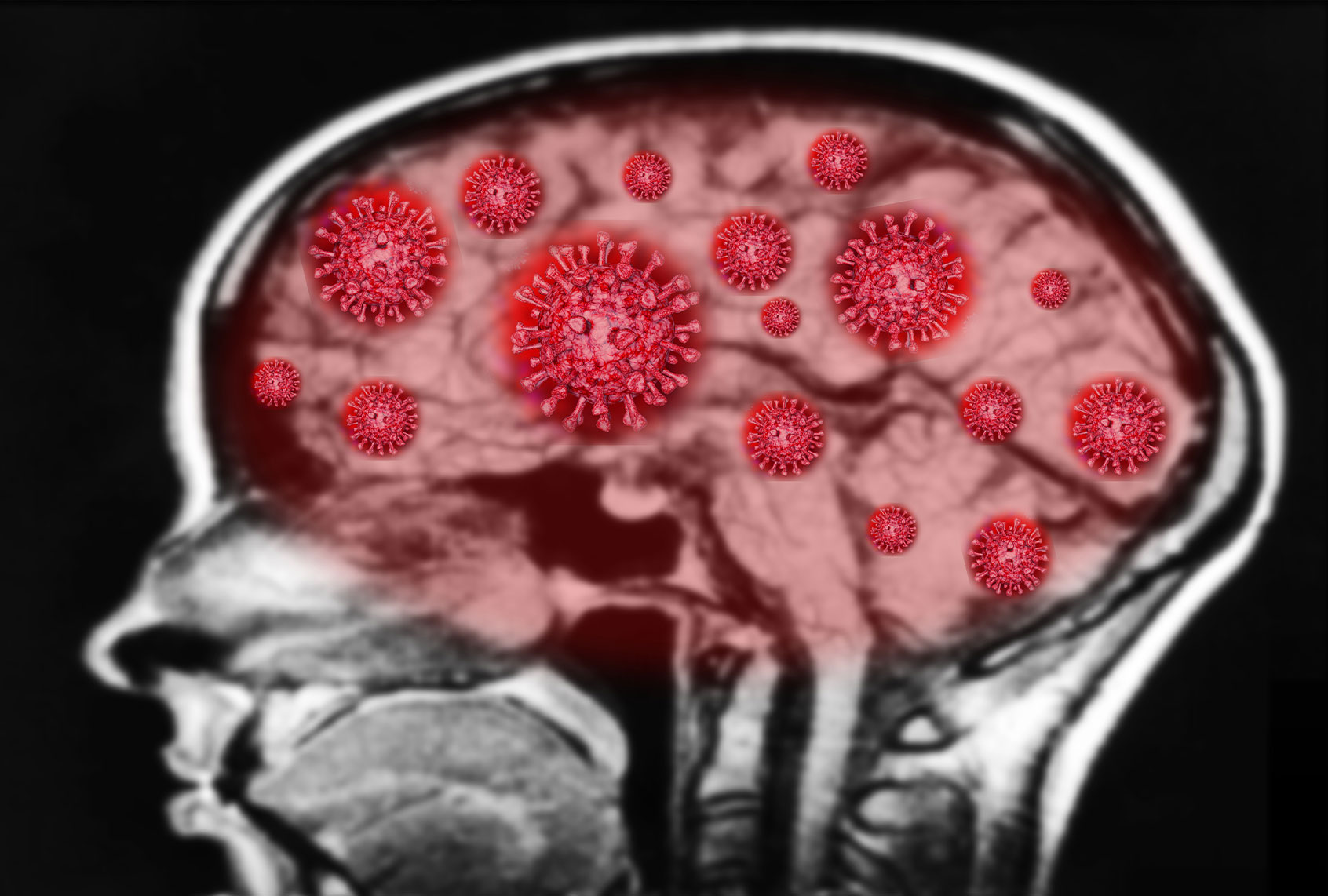Long Covid — the shorthand term for people who continue to have long-term side effects long after their initial COVID-19 infection has subsided — has become a major condition that affects tens of millions. Doctors estimate that 10 percent of children who get COVID-19 will develop long COVID, and a study published earlier this month found that COVID-19 patients are more likely to have long-term heart problems.
Now, a new study published in the medical journal BMJ reveals that COVID-19 is linked to long-term mental health issues. The findings suggest that a dual mental-health crisis, evidently caused directly or indirectly by COVID-19 itself, now looms.
By looking at the health data of 153,848 veterans whose information had been catalogued by the Department of Veterans Affairs (VA), the researchers learned that patients were far more likely than uninfected people to have mental health issues within 12 months of getting sick. These issues included anxiety disorders, depressive disorders, sleep disorders, cognitive decline and dependence on drugs like opioids, benzodiazepines and antidepressants. The symptoms were primarily attributed to brain inflammation, although the scientists noted that stress also likely played a role in many cases.
“I think greater awareness that this is happening is an important first step,” Dr. Ziyad Al-Aly, the study’s senior investigator and Chief of Research and Development at the VA St. Louis healthcare system, told Salon by email. “I also think that health systems should anticipate this and build capacity to provide equitable care to people with mental health disorders. it is important to identify people early, and treat them to mitigate development of much larger problems down the road (e.g. suicide epidemic, or another opioid epidemic).”
Want more health and science stories in your inbox? Subscribe to Salon’s weekly newsletter The Vulgar Scientist.
This is not the first study to link COVID-19 to long-term brain damage. Last year Dr. Ricardo Costa, author of a then-upcoming study about the lingering effects of COVID-19 on the brain, told Salon by email that the general public needed to be aware that the SARS-CoV-2 virus does not merely infect the lungs.
“Our in vitro study using cell cultures suggests that astrocytes and neurons – the cells that make up most of our brain – can be infected by SARS-CoV-2, the virus that causes COVID-19,” Costa explained. “We also analyzed the resistance of each of these cell types to infection and saw that astrocytes seem to offer more resistance to infection, while neurons appear to be easily infected.”
Beyond the physical damage done to the brains of infected patients, experts also believe that COVID-19 has caused mental health problems by inflicting collective trauma.
“This will take generations to get past,” Dr. David Reiss, psychiatrist in private practice and expert in mental fitness evaluations, told Salon in an interview recently. “And that’s because at every stage of development, things have been disrupted, whether you’re talking about like my two-year-old grandchild who somehow has to understand seeing family members in masks, to four and five-year-old kids who are just starting to socialize, to adolescents who can’t socialize and all through different stages of life.”
RELATED: How the novel coronavirus attacks the brain
Experts suspect that the mental health component of the pandemic — both in terms of physical damage to the brain and the psychological harm from the entire ordeal — will linger with humanity long after the worst phases of the pandemic have passed. Much of the burden will rest on the shoulders of health care providers and governments to assist the people who will live with the effects of the virus for the rest of their lives. As Al-Aly told Salon when asked if he had any advice for the people concerned about COVID-19 and mental health, he emphasized realizing that they are not experiencing this on their own.
“They should know that they are not alone,” Al-Aly told Salon. “There are a lot of people suffering from similar problems. And people should seek professional help. This is very important. This is not something that people should deal with on their own. Identifying these and getting them treated early is the best thing to ensure the most optimal outcome.”
Read more on Long Covid:

